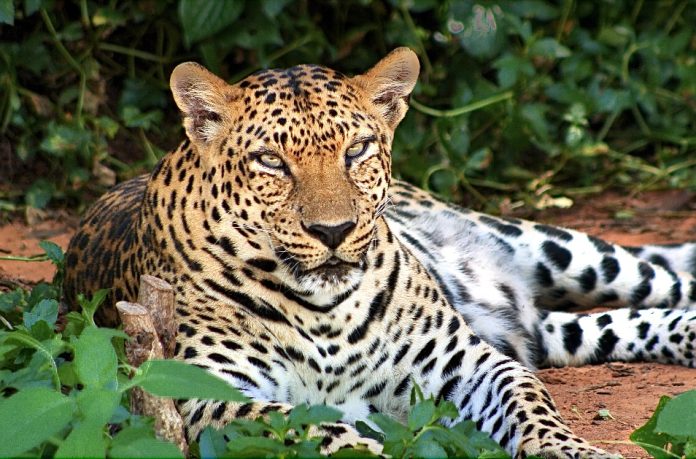
Imperiled Leopards Are One Step Closer To Gaining Increased Endangered Species Act Protection
You can help all animals and our planet by choosing compassion on your plate and in your glass. #GoVeg
RELATED ARTICLES
Pressure Mounts For Arizona To Ban Dog Pack Hunting Of Mountain Lions, Bears & Other Critical Species
Conservation groups have submitted a petition to the Arizona Game and Fish Commission urging a ban on the use of dog packs for hunting...
Help Save Millions Of Lives This Holiday By Choosing Compassion On Your Plate; Adopt A Turkey Today!
As Thanksgiving approaches, we hope you enjoy a warm and safe holiday. We encourage you to make a compassionate choice by leaving animals off...
Giraffes Are One Step Closer To Receiving Vital Endangered Species Act Protections
In response to a petition and subsequent lawsuit by conservation and animal protection organizations, the U.S. Fish and Wildlife Service (USFWS) has proposed listing...
Popular stories
News
Breaking! U.S. Senate Increases Funding For The Protection Of Critically Endangered North Atlantic Right Whales By $2 Million Dollars
Yesterday, the United States Senate released its fiscal year 2021 Commerce, Justice, and Science appropriations bill, increasing funding for monitoring and protecting the critically...
News
Second Largest Seizure Of Endangered Totoaba Fish Swim Bladders Discovered In San Luis Port, Arizona
Photo credit: Richard Herrmann/Minden Pictures
U.S. Customs and Border Protection (CBP) officers and agriculture specialists at the Port of San Luis seized 109 pounds of...
News
More Than 100 Cats & Kittens Rescued From Alleged Cruelty Situation By A Commercial Breeder In Virginia
Photos by HSUS
This week, the Humane Society of the United States (HSUS) assisted the Virginia Attorney General’s Office and Chesterfield County Animal Services in...


